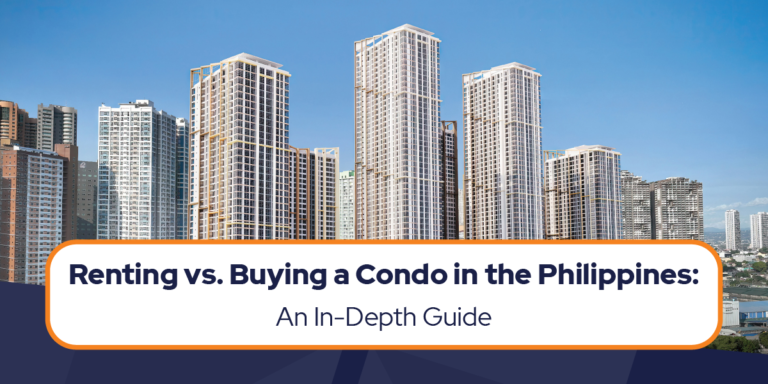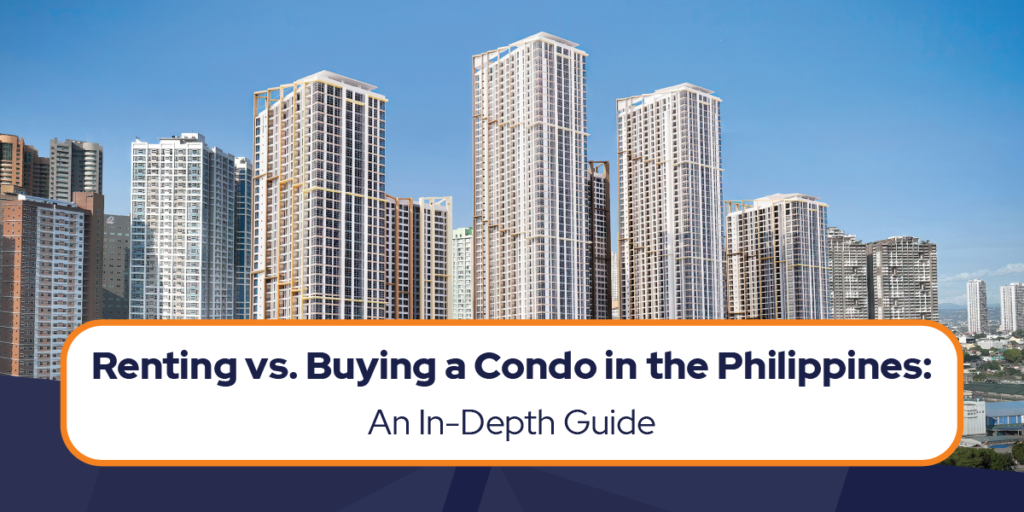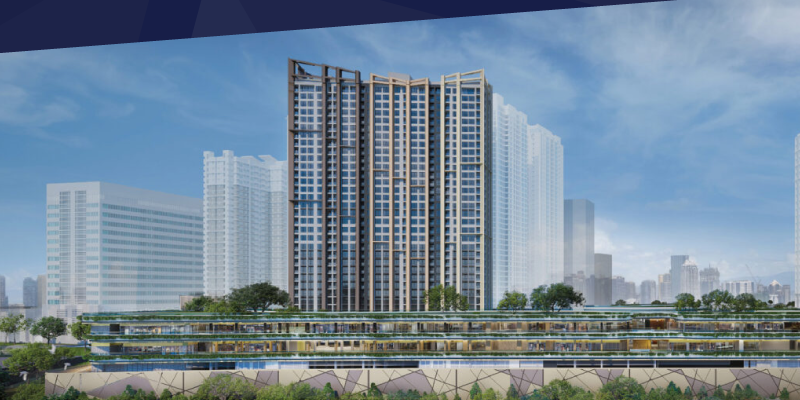The Philippine real estate market is emerging as a top choice for foreign investors seeking residential properties or profitable opportunities. Known for its affordability, the country has competitive property prices, such as lots for sale in Cavite, which offer great value compared to other nations in the region.
The market’s growth potential further enhances its appeal. Projections indicate that the Philippine real estate market could reach a value of $6.60 trillion by 2025, underscoring its robust prospects.
With a strong economy, diverse cities, and beautiful locations, the Philippines offers a wide range of real estate options tailored to the needs of both locals and expatriates. This article will guide you through the essential aspects of acquiring property in the Philippines as a foreigner.
Real Estate for Foreigners: Legal Guidelines and Ownership Restrictions in the Philippines
While the country’s policies limit foreign land ownership, there are still ways to invest and enjoy your slice of paradise within the boundaries of the law.
Foreign ownership of land
Foreigners are prohibited from directly owning land in the Philippines. This restriction reflects the country’s commitment to preserving its resources for Filipino citizens. However, there are two primary alternatives for foreign investors:
- Leasing land: Foreigners can lease land for up to 50 years, renewable for an additional 25 years—commonly for residential or commercial purposes.
- Corporate ownership: Foreigners can indirectly own land by investing in a corporation where Filipinos hold at least 60% of the shares, making it ideal for larger investments like real estate developments or commercial ventures.
Condominium ownership
Under Republic Act No. 47626, foreigners can own condominium units in the Philippines, provided that foreign ownership does not exceed 40% of the total units in the building. This rule ensures compliance with the constitutional restrictions while offering foreign buyers a viable way to own property.
A Condominium Certificate of Title (CCT) formalizes your purchase, providing proof of legal ownership. This independent ownership structure makes condominiums an appealing choice for expatriates and investors looking for real estate opportunities in the Philippines. This is particularly true in urban hubs and tourist hotspots, where property demand remains high. Unlike land titles, which are generally restricted to Filipino citizens, a CCT allows foreigners to legally own a unit, further enhancing its attractiveness in the market.
How to Choose the Right Location for Investment
Choosing the right property can be tricky. The area you select will influence demand, profitability, and the long-term value of your investment. Here are some tips that can help you choose where your next venture will be.
Metro Manila
Metro Manila is an excellent choice for steady returns, with high demand for both commercial and residential properties. Prime locations like Makati, BGC, and Ortigas offer consistent rental income and strong property appreciation.
Cebu and Davao
Emerging cities like Cebu and Davao offer a blend of modern development and a more relaxed atmosphere, making them ideal for those seeking urban conveniences without the fast-paced intensity of Metro Manila. These areas provide a growing market with a lot of potential, making them ideal for long-term investments in both commercial and residential real estate in the Philippines.
Tourist destinations
If you’re looking into buying property in the Philippines as a foreigner, tourist destinations like Boracay, Palawan, and Siargao are also great options. Remember to thoroughly research local demand, zoning laws, and property management to ensure your investment pays off.
Real Estate in the Philippines: Market Trends and Growth Areas
The Philippine real estate market is full of opportunities, but understanding past market activity is key to identifying trends that can guide foreign investors toward the right properties. By analyzing how the market has evolved in recent years—such as price movements, demand shifts, and emerging investment hotspots—you can make informed decisions that align with current and future opportunities.
Residential
- Pre-selling activity: In 2023, Metro Manila recorded around 23,400 pre-selling units, indicating a growing appetite for new residential properties despite market challenges.
- Luxury market: Prices for luxury 3-bedroom condos in Metro Manila’s central business districts (CBDs) rose by 3.98% in 2023, reaching PHP 203,550 per square meter.
Commercial and office space
- Vacancy rates: Metro Manila’s office market faced an 8.3% vacancy rate in Q3 2024, marking the first negative net take-up since 2021, largely due to POGO lease terminations.
- Regional demand: Cebu and Davao drove provincial growth with office space take-ups of 69,000 sqm and 189,000, respectively.
Industrial real estate
- Warehousing growth: The Philippines’ warehousing market is expanding, driven by demand in sectors like food, electronics, and pharmaceuticals.
- Cold storage demand: The rise of e-commerce has fueled the need for cold storage facilities, supporting logistics for perishable goods.
- Investment potential: The industrial real estate sector is expected to grow at a 7.5% compound annual growth rate (CAGR), presenting strong investment opportunities for foreign buyers.
Financial Considerations for Foreign Investors
Considering all the points discussed, you may feel prepared to embark on your newest venture. However, proceed with caution. Here are some financial considerations you need to remember before your big purchase.
- Taxes: Foreign investors should prepare for taxes such as the 6% capital gains tax, transfer tax, and registration fees.
- Mortgages: Securing loans may be challenging, as not all banks cater to foreigners. Consider international banks or local partnerships.
- Additional costs: Budget for property management, maintenance, and homeowners’ association dues.
Partnering with Trusted Professionals
Investing in Philippine real estate involves navigating local taxes and regulations, which can be tricky—partner with trusted professionals familiar with the local market to ensure a seamless process.
- Real estate agents: Work with licensed agents familiar with the local market to find properties that meet your goals.
- Lawyers: Engage real estate lawyers to handle legal paperwork and ensure compliance with Philippine property laws.
- Property management: For absentee owners, property management firms like CBRE Philippines, Colliers Philippines, and Leechiu Property Consultants can manage maintenance, tenant relations, and regulatory compliance.
From Paperwork to Property
Success in Philippine real estate goes beyond mastering the basics—it requires adaptability and staying informed. You must understand legal guidelines and market trends, and partnering with local experts can make your investment journey more seamless.
Ready to explore real estate opportunities in the Philippines? Contact us today to maximize your investment potential.









